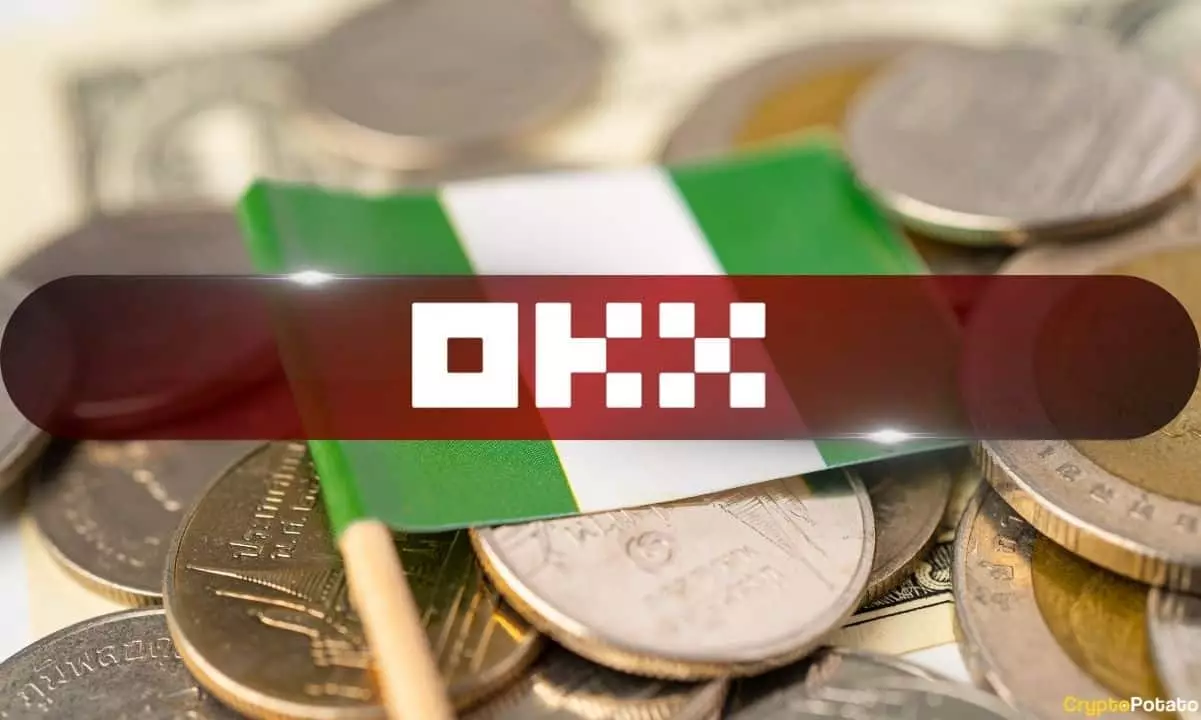In a recent development, leading crypto exchange OKX has made a bold move by announcing the discontinuation of its services in Nigeria. This decision comes in response to recent regulatory changes in the country, which have posed significant challenges for the exchange and its users. According to emails sent to OKX’s Nigerian customers, they have until August 30 to withdraw their assets from the platform, after which any remaining balances will be subject to restrictions.
Implications for OKX’s Nigerian Users
As of August 16, OKX’s Nigeria customers will no longer be able to open new positions, accounts, or access services on the platform. They are advised to withdraw their assets, close open positions, and complete several steps to ensure a smooth transition. Failure to transfer assets by the specified dates could result in further restrictions on remaining balances, in accordance with the exchange’s Terms of Service and local laws.
OKX’s decision to end its services in Nigeria is not an isolated incident. The exchange had previously removed the Nigerian naira from its P2P platform due to regulatory obstacles. This move reflects the harsh regulatory environment that crypto exchanges have been facing in the country, with the government aiming to stabilize the value of the naira. While OKX has opted to halt its operations in Nigeria, other platforms like KuCoin have taken different measures to continue serving Nigerian users.
KuCoin, for example, recently announced that it would be implementing a 7.5% value-added tax on transaction fees for Nigerian users. The exchange had also suspended its P2P services for the naira earlier this year. This highlights the adaptability and resilience of some crypto platforms in the face of regulatory challenges. Nevertheless, OKX’s decision to withdraw from Nigeria echoes a similar move the exchange made in India in March, following a crackdown on digital asset platforms in the country.
The discontinuation of OKX’s services in Nigeria serves as a stark reminder of the regulatory hurdles faced by crypto exchanges worldwide. As governments continue to tighten regulations around digital assets, exchanges must navigate these challenges strategically to ensure compliance and sustainability. The evolving regulatory landscape underscores the importance of proactive measures and adaptability for crypto platforms operating in various jurisdictions.


Leave a Reply